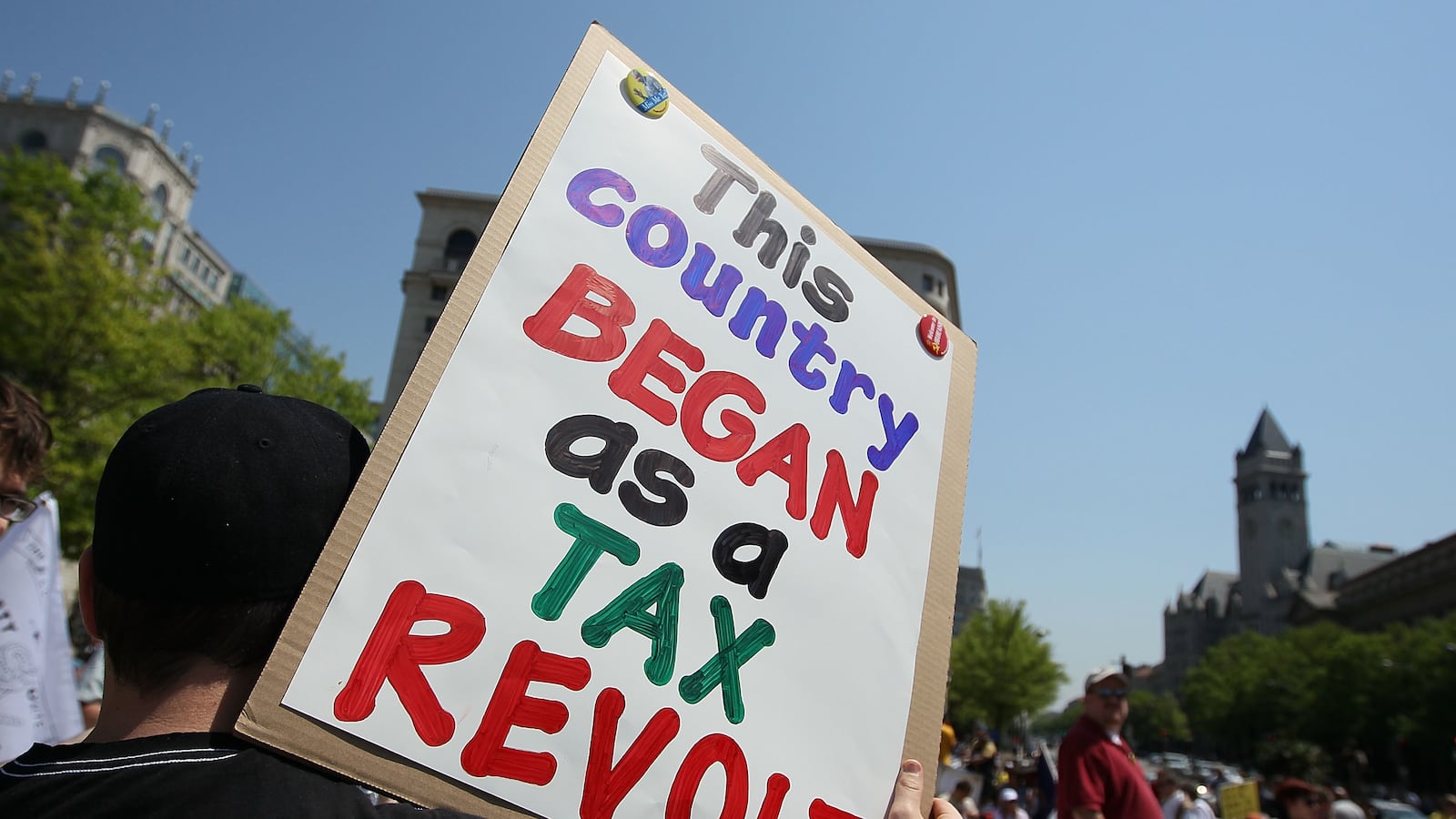
Here's the most important article you'll read today, Steve Teles' "Kludgeocracy: The American Way of Policy."
Teles' point: the United States runs a uniquely complex, dysfunctional, and disappointing government. Americans may flatter themselves that they are governed more lightly than other advanced countries. But kludgeocracy condemns them to pay much more for the government they do get.
Teles:
The dictionary tells us that a kludge is “an ill-assorted collection of parts assembled to fulfill a particular purpose…a clumsy but temporarily effective solution to a particular fault or problem.” The term comes out of the world of computer programming, where a kludge is an inelegant patch put in place to be backward compatible with the rest of a system. When you add up enough kludges, you get a very complicated program, one that is hard to understand and subject to crashes. In other words, Windows.
“Clumsy but temporarily effective” also describes much of American public policy. For any particular problem we have arrived at the most gerry-rigged, opaque and complicated response. From the mind-numbing complexity of the health care system (which has only gotten more complicated, if also more just, after the passage of Obamacare), our Byzantine system of funding higher education, and our bewildering federal-state system of governing everything from the welfare state to environmental regulation, America has chosen more indirect and incoherent policy mechanisms than any comparable country.
Teles argues: Americans do this on purpose.
American political culture and ideology have also, in sometimes obscure ways, contributed to kludgeocracy. One of the strongest findings in the study of American public opinion is that Americans are ideological conservatives and operational liberals. That is, they want to believe in the myth of small government while making demands on government to address pressing public problems, including poverty, retirement security, environmental protection and social mobility.
This ambivalence in public opinion creates a durable bias in the actual outputs of American government. The easiest way to satisfy both halves of the American political mind is to create programs that hide the hand of government, whether it is through tax preferences, regulation or litigation, rather than through the more transparent means of direct taxing and spending.
Once you start thinking this way, it's hard to stop.
Cap-and-trade is much kludgier than carbon taxes; subsidies to wind and solar are kludgier than cap and trade. Guess which path the U.S. is following?
Many European countries offer some form of mother's allowance. The United States instead offers a $1000 per child tax credit that is creditable only against income tax, not against the payroll tax that falls more heavily on working Americans. Kludgey!
What could be more kludgey than the American voting system, an intricate mess of laws and lawsuits that takes weeks to produce a final vote tally and leaves all parties suspicious of widespread vote fraud/vote suppression by the other?
Governments profess a wish to stop illegal immigration - but refuse the basic employment-verification measures that would do the job, instead spending billions on a border fence that ignores such realities as air travel.
"For forms of government let fools contend, whatever is best administered is best." By that measure, the US government does not score very highly.
Teles' essay is important - even if its own argument explains why its powerful message is likely to go unheeded. Kludge did not arise by accident, and it will take something more than mere disapproval to reduce and replace it.






